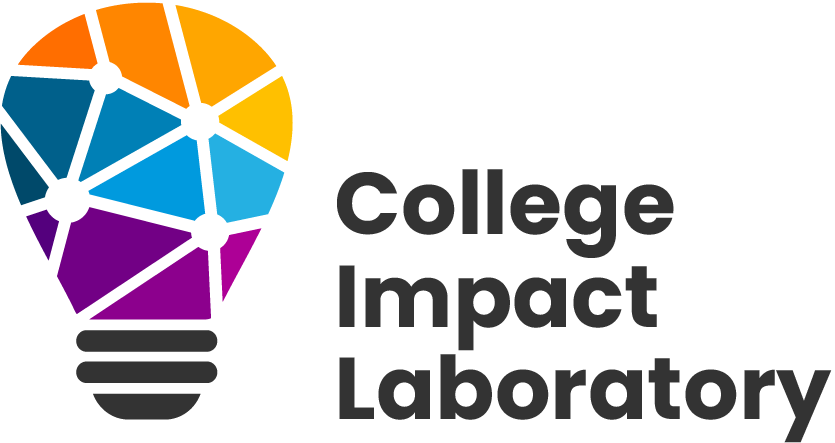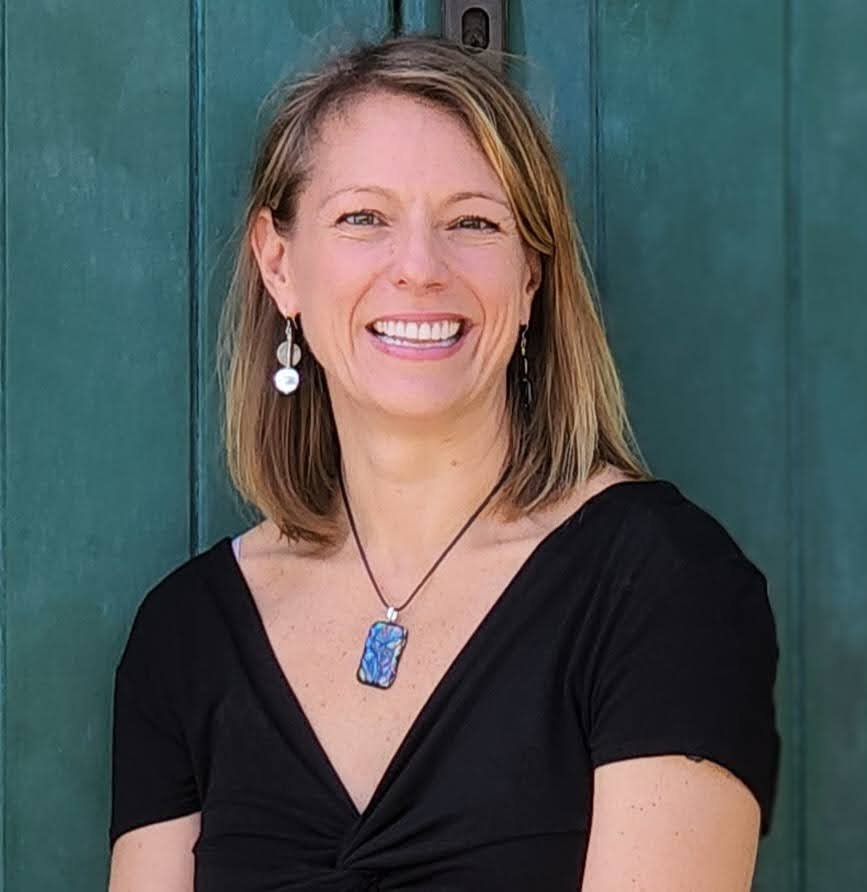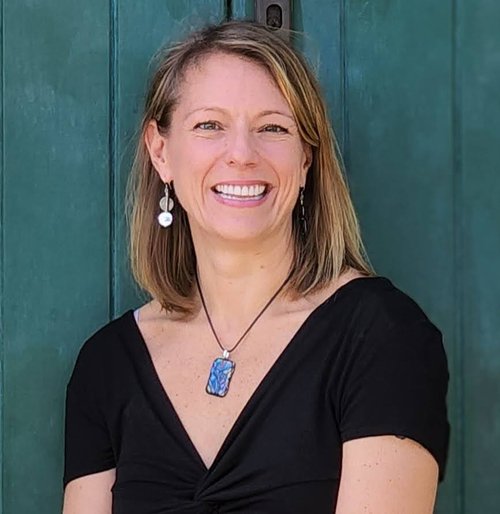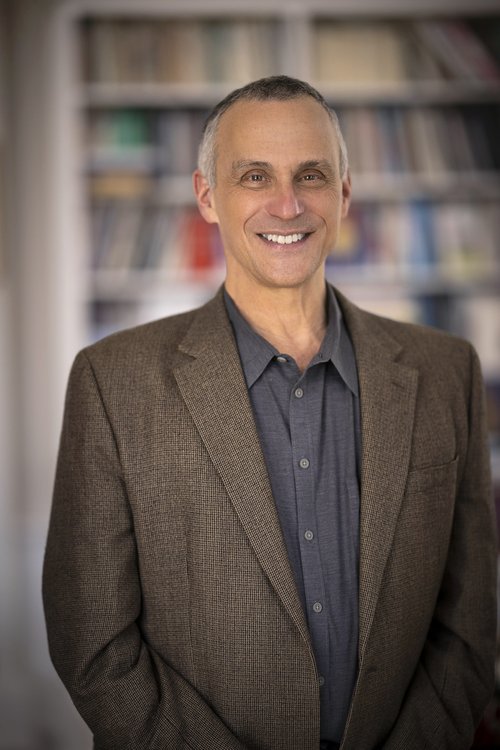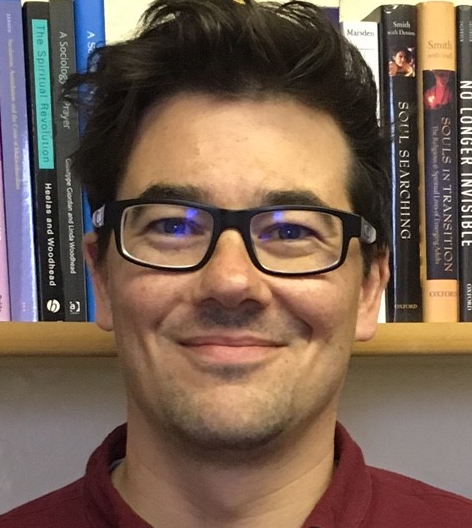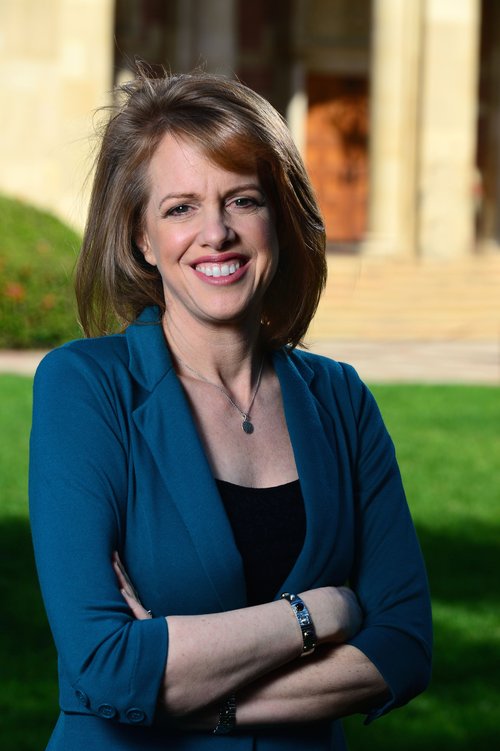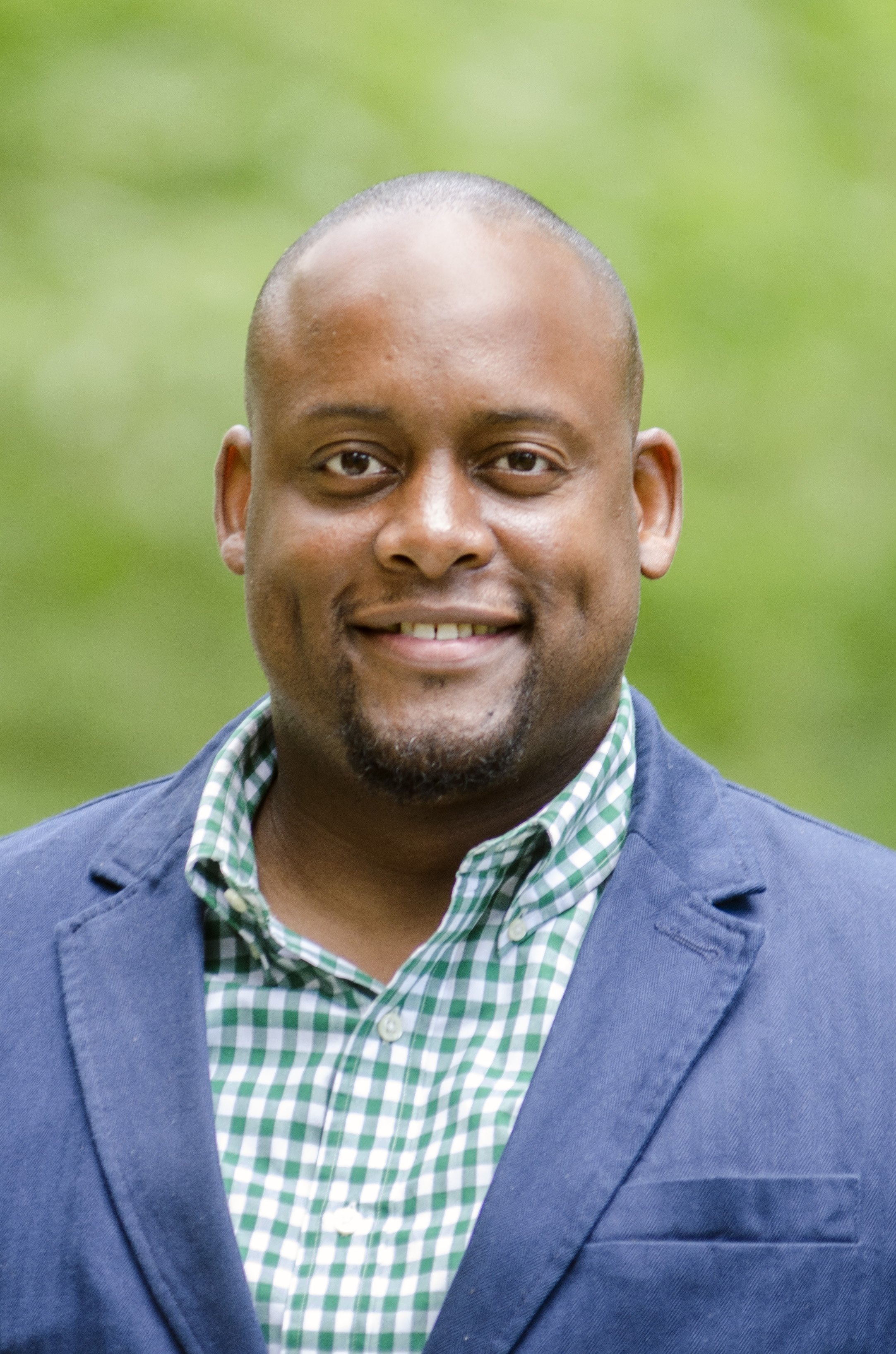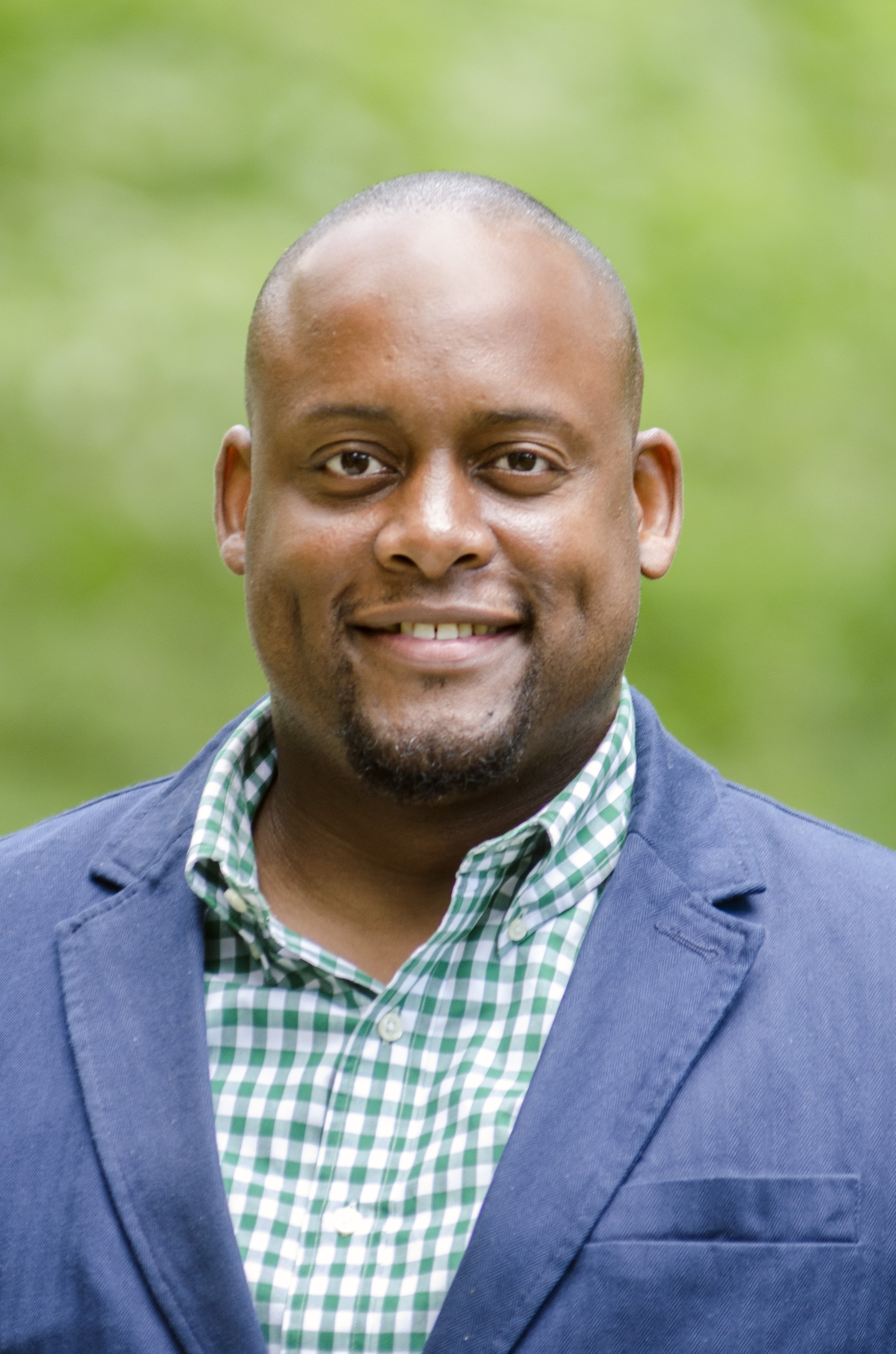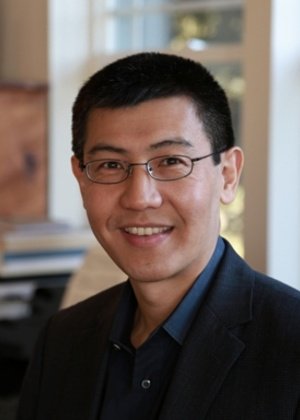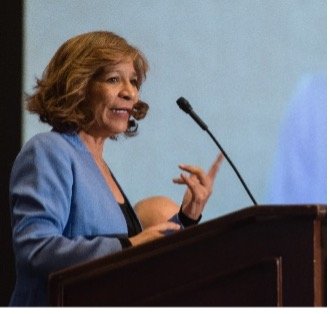
InFORM
Including Faculty on Religious, Spiritual, & Secular Mattering
The role of religion in American society broadly, and higher education specifically, has been a topic of increased discussion. News outlets such as NPR have covered the decline in religion’s importance in the lives of many Americans, yet religious perspectives remain entrenched in our national politics and conversations. In many ways, higher education is at the center of this debate, as conservative governors replace college and university presidents and faculty grapple with divisive conversations in class.
While much is known about religious, spiritual, and secular (RSS) affiliations of Americans generally, no recent empirical efforts have examined the RSS identities for faculty working in American colleges and universities and how these identities shape teaching, research, and service. InFORM, funded by the Templeton Religion Trust, is a mixed-methods effort with two objectives aimed at filling this gap:
Capture information on faculty RSS identification patterns, including denominational, political, racial, gender, and philosophical worldview affiliations, and
Examine faculty expression of RSS beliefs and their salience in informing practices related to teaching, research, and service.
Focusing on Faculty
Faculty are the most important persons influencing student learning, development, persistence, and degree attainment (see Mayhew et al., 2016). However, no systematic data collection efforts are underway regarding how their RSS affiliations influence research, teaching, and service practices. This project will create the necessary data gathering system regarding RSS faculty affiliations and practices and will recruit a nationally-representative group of faculty for participation.
This project also complements much of the work on RSS affiliation currently underway in higher education, which have focused on student experiences or institutional practices designed to address issues related to religious pluralism.
InFORM Timeline
InFORM aims to examine how faculty connect to and make meaning of their religious, secular, and spiritual beliefs and affiliations as they relate to research, teaching, and service practices. To that end, project follows a sequential explanatory mixed-methods design wherein quantitative survey data are collected first, analyzed, and then qualitative data are collected to explain the initial findings and provide further nuance (see Creswell & Plano Clark, 2017). A pilot study was conducted in 2024, and the national project is currently underway in four phases:
Phase 1: Survey Instrument Design
The first phase of the project involved building a survey instrument that collected nuanced information about faculty RSS affiliations and their role in shaping research, teaching, and service practices. The survey’s theoretical framing was multi-dimensional, including the Interfaith Learning and Development Framework (Mayhew & Rockenbach, 2021), Soules and Jafralie’s (2021) RSSI teaching practices, Boyer’s (1990) functions of scholarship, and Ward’s (2003) categories of service.
Items were pilot tested and psychometrically evaluated in Autumn 2024.
Phase 2: Survey Administration
The second phase of the project involved participant recruitment and administration of the survey instrument. Our goal was a sample nationally-representative of RSS affiliations, faculty disciplines, and institutional types in the United States. We conducted a power analysis to determine the optimal sample size needed to detect statistical differences in faculty members’ survey responses by institutional religious affiliation (public, private nonsectarian, private sectarian), geographic region (Northeast, Midwest, South, West), discipline, and religious identification. Surveys were distributed to over 14,000 faculty during this phase to meet our response goals.
The National Survey was conducted December 2024 - February 2025 and is currently being analyzed.
Phase 3: Qualitative Data Collection
Survey respondents indicated their interest to participate in qualitative interviews. The third phase involves interviewing selected participants across RSS affiliations, academic disciplines, and institutional types, matched to interviewers from the same or similar worldview background. We planned to select 125 faculty members based on a 5x5x5 sample matrix, consisting of the five religious affiliations (i.e., Atheist, Protestant, Catholic, Jewish, Muslim), five disciplines (i.e., arts and humanities, business, STEM, education, and social science), and five institutional types (public, private-Evangelical, private-Mainline Protestant, private-non-sectarian, private-Catholic). These categories are empirically-based representations of major RSS affiliations, disciplines, and institutional types, with additional interviewing of underrepresented RSS affiliations. The goal of the semi-structured interviews is to allow participants to elaborate on their RSS beliefs and their roles related to research, teaching, and service.
Interviews will be conducted in late Spring and Summer of 2025.
Phase 4: Dissemination of Findings
The final stage of the project will involve the dissemination of the findings through various academic and non-academic outlets. In the public domain, we will host a website where the public can easily access our project’s findings as we have done with IDEALS and the Interfaith, Spiritual, Religious, and Secular Campus Climate Index (INSPIRES). With our funding partner, Templeton Religious Trust, we look forward to offering a publicly accessible de-identified dataset to support further research on worldview in higher education.
Advisory Board
KC Culver, Ph.D.
Assistant Professor of Higher Education Administration
University of Alabama
Michael Roth, Ph.D.
President
Wesleyan University
Mathew Guest, Ph.D.
Professor in the Sociology of Religion
Durham University
Linda Sax, Ph.D.
Professor of Higher Education
UCLA
Muhammad Khalifa, Ph.D.
Professor of Educational Administration
The Ohio State University
Kentaro Toyama, Ph.D.
W.K. Kellogg Professor of Community Information
University of Michigan
Sharrona Pearl, Ph.D.
Associate Professor of Medical Ethics
Texas Christian University
Laura Trevino, Ph.D.
Associate Professor of Information Systems
University of Texas at El Paso
